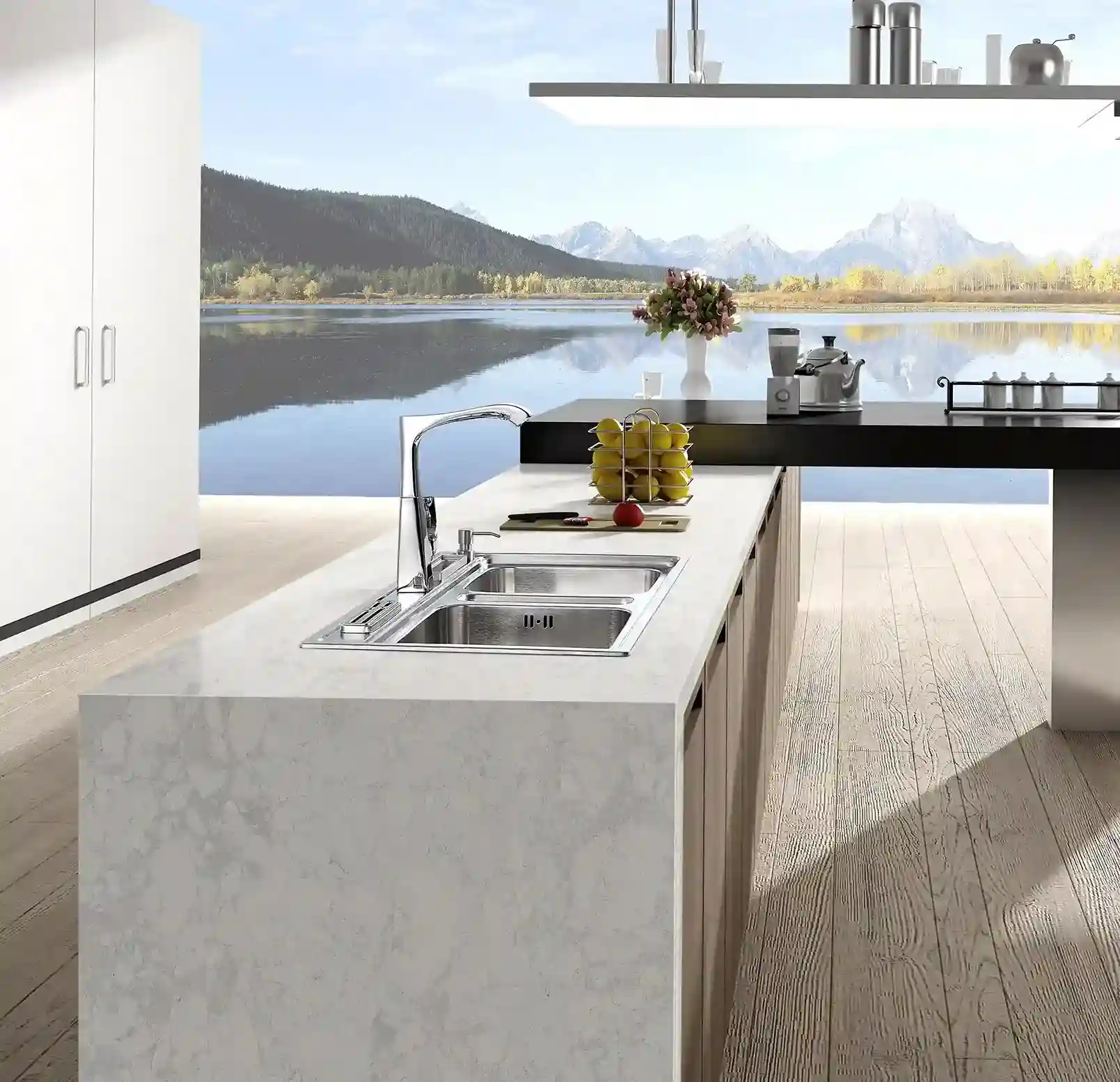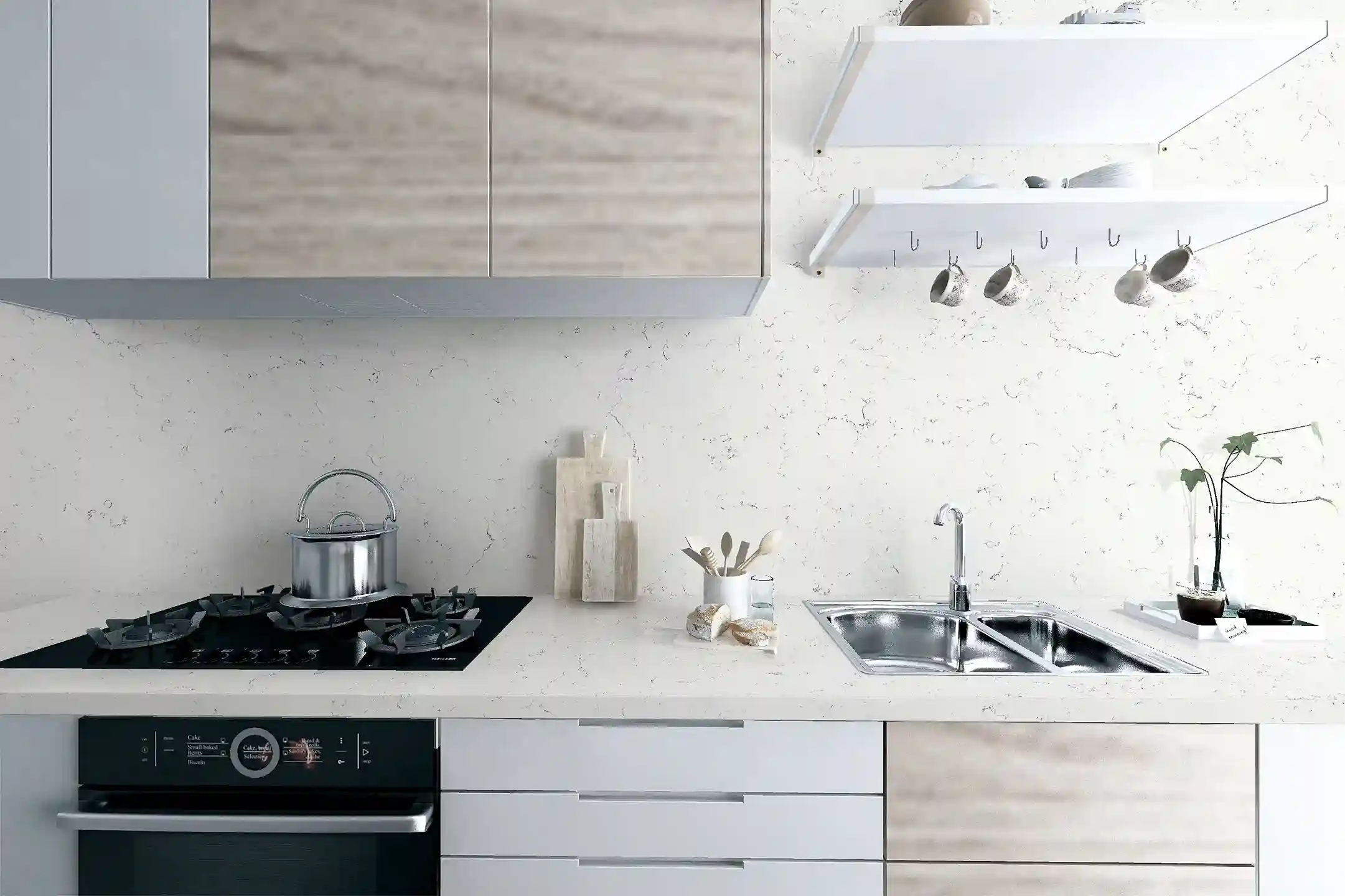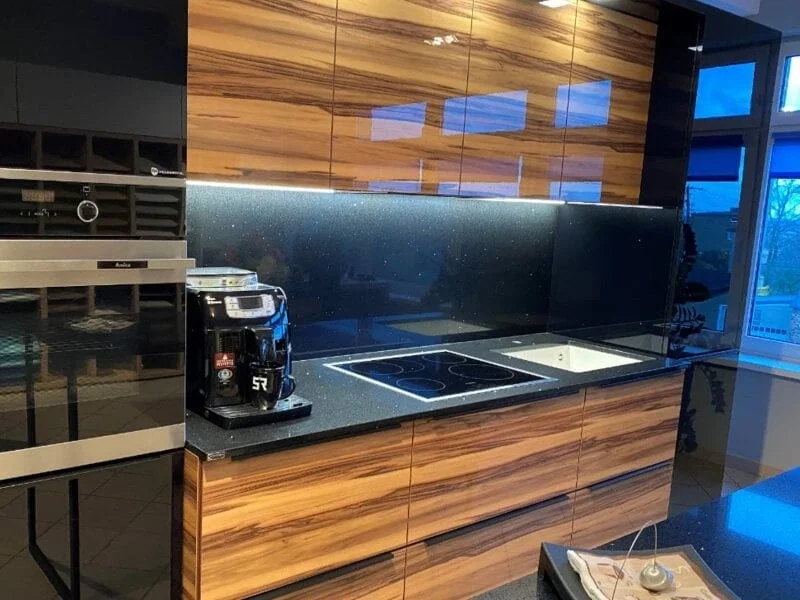Quartz worktops have come incredibly popular, and for good reasons. As specialists in this area, we can safely say that quartz worktops are an excellent option for any kitchen or restroom refurbishment design. Let's explore further what makes quartz such an amazing material.
Description and Properties of Quartz
- Quartz is also a especially manufactured gravestone made of natural quartz chargers clicked with resins and colors.
- Together, they form anon-porous face that's extremely resistant to scrapes, stains, and heat.
- As opposed to natural monuments similar as determinedness, quartz does n't have to be sealed since it gets sealed in the manufacturing process.
- It's available in different colours, designs, and finishes to match different design tastes.







